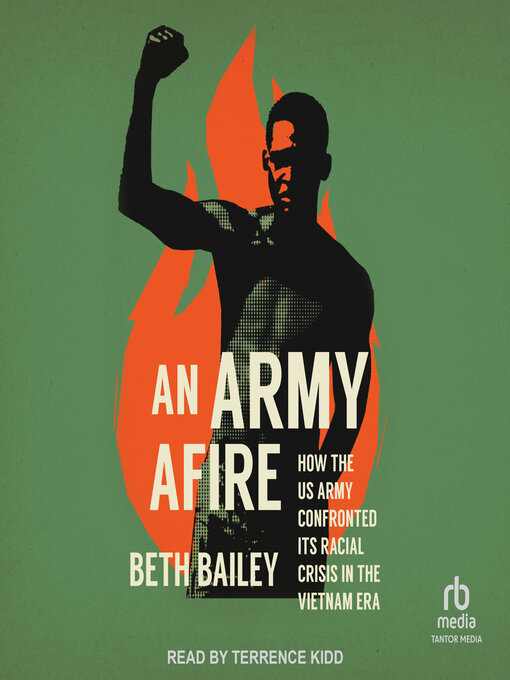As Black and white soldiers fought in barracks and bars, with violence spilling into surrounding towns within the United States and in West Germany, Vietnam, South Korea, and Japan, army leaders grew convinced that the growing racial crisis undermined the army's ability to defend the nation. Acclaimed military historian Beth Bailey shows how the United States Army tried to solve that racial crisis (in army terms, "the problem of race"). Army leaders were surprisingly creative in confronting demands for racial justice, even willing to challenge fundamental army principles of discipline, order, hierarchy, and authority. Bailey traces a frustrating yet fascinating story, as a massive, conservative institution came to terms with demands for change.


